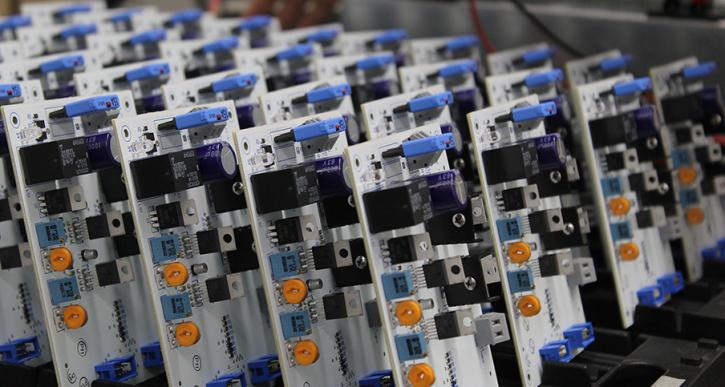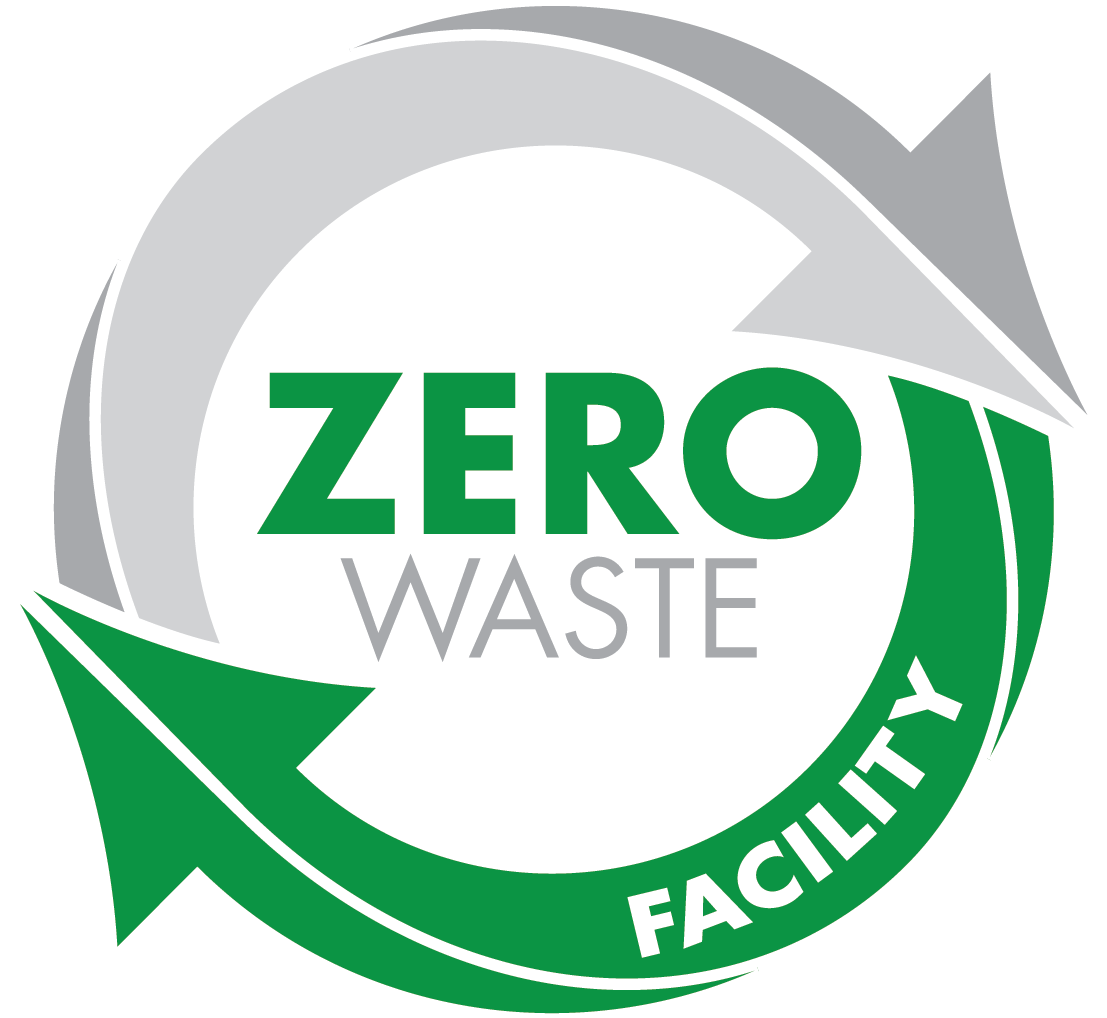Blog
Circuit board assembly is a delicate and intricate process that is essential to every electronic appliance, a key process for all manufacturing companies. This is a task that is commonly outsourced to electronics companies which specialize Printed Circuit Board Assembly (PCB Assembly).
If this process is poorly executed, the electronic product or equipment will not function or operate properly, likely resulting in delays, financial losses and even health risks.
It is very important for electronic manufacturing companies that the PCB Assembly process is efficiently and properly executed, meeting the highest standards of quality and precision.
In order for the PCB assembly to efficiently take place, the manufacturer should have the skills, expertise, equipment, and materials to meet modern competitive demands. At Permatech Electronics, we take great pride in our reputation for the highest quality, quick production time and thorough quality assurance.
Here are the different Types of PCB Used in Assembling a Printed Circuit Board
Rigid PCB - This the most common type of PCB base used in the process. It features a solid core that provides the board the right rigidity and thickness that is suitable for various applications. These are PCB bases that are inflexible and they commonly come in fiberglass. They are the least expensive boards in the market because they are made with materials such as epoxies or phenolic.
Flexible PCB - This type of PCB offers a bit more pliability compared to their more rigid counterparts. The material used in these PCBs tends to be bendable, high-temperature resistant plastic like Kapton.
Metal Core PCB - A type of board that can be an alternative to the typical FR4 board. It is made with a metal core that tends to spread heat more efficiently compared to other types of PCBs. This also helps dissipate heat and protect more heat sensitive board components.






